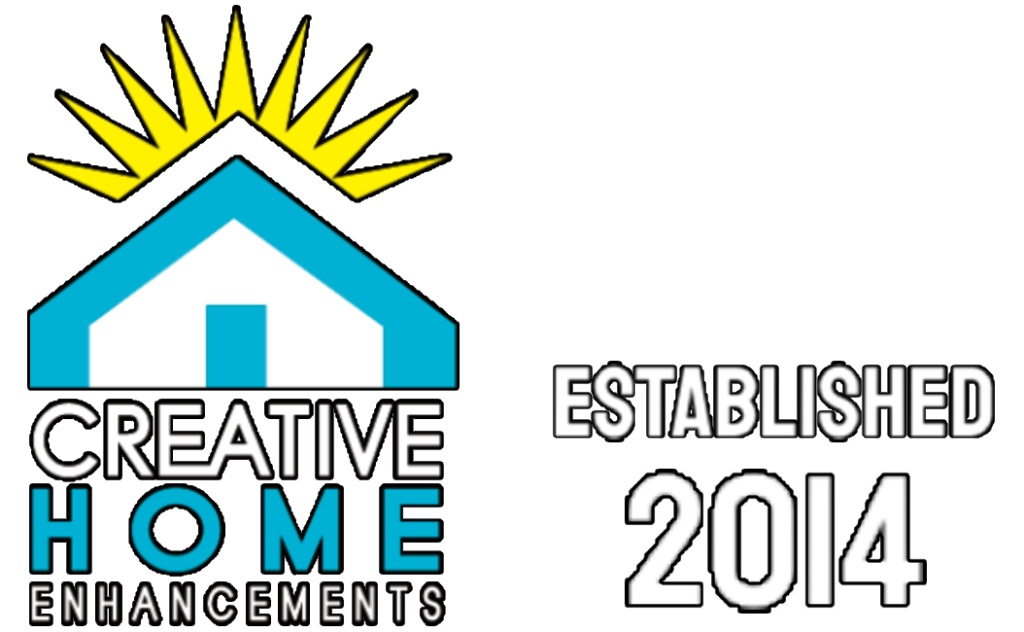Engineered hardwood is the fastest-growing segment of the hardwood market. Our company is proud to offer one of the premier engineered hardwood collections available—Epic from Shaw Floors.
What’s so great about Epic? It’s a premium product that provides advanced visual, technological, installation, and long-term performance solutions over conventional solid and engineered hardwood flooring products. It comes in a vast array of sizes, species, surface textures, and price points. Epic can go where other hardwoods can’t—over concrete, in basements—which isn’t possible with ¾” solid products. Any installation method can be used, and no acclimation is needed.
Compared to others …
Epic is harder, denser, and greener than comparable floors.
Harder
Because of the hardness of Epic’s center core, EnviroCore(R), Epic performs substantially better than ¾” solid and comparable ½”-thick engineered products with softer cores
Janka Scores:
- Oak—133% of hardness of solid oak, 125% of hardness of ½”engineered oak
- Hickory—120% of the hardness of solid hickory, 136% of the hardness of ½” engineered hickory
- Maple—141% of hardness of solid maple, 139% of hardness of ½” engineered maple
- Cherry—190% of hardness of solid cherry, 195% of hardness of ½” engineered cherry
- Walnut—202% of hardness of solid walnut, 159% of hardness of ½” engineered walnut
Denser
Epic’s 3/8” EnviroCore is denser than ¾” solid oak and all engineered products with softer plywood cores. The result is better overall performance and stability but in a more environmentally responsible thickness. More “solid” wood fiber per cubic inch than thicker ½” engineered and even ¾” solid oak!
Comparisons to Epic
- ½” Brazilian Cherry = 28% less dense
- ½” Oak = 29% less dense
- Solid Oak = 40% less dense
- 9/16” Maple = 44% less dense
Greener
- Epic’s EnviroCore is now Third Party Certified to comply with the US Environmental Protection Agency’s guidelines for Environmentally Preferable Products.
- EPP Certification requires that products must be made from 100% recycled and/or recovered fiber and meet the CARB requirements for formaldehyde emissions.
- This is the first EPP certification program accredited by the American National Standards Institute (ANSI), and it is also accredited by the Standards Council of Canada (SCC).
- The verification for additional LEED credits is underway.
Some other Epic facts:
- Comes in premium oak, maple, hickory, cherry, and walnut species
- Available in two widths and three ultra-premium finishes that provide maximum wear resistance for lasting beauty
- Lifetime Wear Warranty
- Qualifies for LEED for home
- Made in the USA
- Featured in the HGTV Green Home for 2008 and 2009
2 trees minus 1 tree equals Epic:
Epic uses fewer resources, thanks to EnviroCore, which is made from every part of the tree that would otherwise have been burned or sent to the landfill. 3/8” Epic uses 50% fewer trees—that is, for every two trees used to make 3/8”-thick conventionally engineered hardwood flooring, it only takes one tree to make the same amount of Epic 3/8”-thick hardwood flooring.
Check out the many benefits of EnviroCore—Shaw’s dense inner core made of recycled wood by-products:
- Greatly improved moisture tolerance over traditional solid or engineered wood flooring which enables—the ability to install on, above or even below grade, which isn’t possible with ¾” solid products; the ability to install using a nail / staple, glue-down or floating installation method; zero acclimation in climate-controlled environments
- Ultra-straight boards and precision milling—enabling faster installation without having to pry bowed or warped boards into place; providing an advanced patent-pending tongue-and-groove system for easier glue-down installs with much less gapping and, ultimately, less mess
- Optimum product stability, greatly reducing seasonal expansion that often results in gapping

